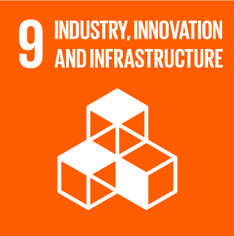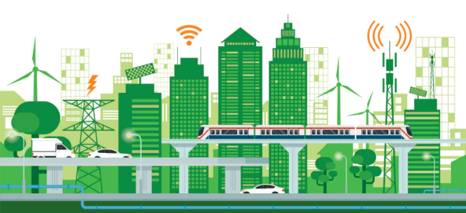This guest blog comes from Mathilde Funck Brentano and Irina Tabacaru who are the Director and Researcher at the King’s Think Tank Energy and Environment policy centre.
On Tuesday 11 February, the Energy and Environment Policy Centre hosted an exclusive panel event as part of King’s College London’s Sustainability Week. We welcomed Scott Ainslie (Former Green Party Member of the European Parliament), Adam Bartha (Director of EPICENTRE), and Professor Robert Lee (Director of the Centre for Legal Education and Research at the University of Birmingham) to discuss the future of environmental policies in the United Kingdom in the post-Brexit era. The three speakers answered multiple questions, notably on the strengths and weaknesses of the European Union’s environmental law, as well as more specific topics such as air pollution and energy policies. The speakers clearly expressed their perspectives and gave the audience a fascinating insight into the post-Brexit debate on environmental regulations.
The Energy & Environment policy centre began the event with an audience-directed poll, featuring the question: ‘Do you think the UK should move forward with stricter environmental regulation after Brexit?’. After some time to reflect, the majority responded in favour of stricter regulation.
Following the survey, the panel began by discussing whether the UK should uphold European environmental standards after Brexit. While the speakers displayed little confidence in the ability of the current UK government to expand environmental regulations, all three argued in favour of furthering the existing policies. Drawing from his experience as a specialist advisor in the drafting of environmental legislation in Northern Ireland and Wales, Professor Lee highlighted the importance of compromise in reaching higher-level objectives in environmental regulations. In order to enable effective policies to be successful, the accessibility of environmental regulations ought to be improved. The discussion also mentioned the importance of changes in consumption habits to match governmental policies. Mr. Bartha expressed optimism regarding the United Kingdom’s prospects after Brexit. As he noted, one of the European Union’s main weaknesses is its bureaucratic aspect, and the fact that European policies are not implemented by all member states evenly. For example, member states in Eastern Europe respond differently to environmental policies than those in Northern or Western Europe. The United Kingdom now has the possibility to expand sustainability-related regulations more freely across its territory, and avoid the European Union’s precautionary principles in the drafting of legislation, as well as the excessive allowances of the Emissions Trading System (ETS). Conversely, Mr Ainslie underlined the apparent lack of ambition demonstrated by the British government in regard to green policies, particularly when compared to European targets. The speakers also discussed the necessity of a kerosene tax, given the considerable amount of carbon dioxide emissions generated by air transport.

The discussion continued around the themes of Energy and Air Pollution. There was considerable disagreement between the speakers regarding the use and safety of shale gas as a potential alternative energy resource for the UK. The speakers’ views also diverged on the possibility of the UK reaching one hundred percent renewable energy use in the near future. Professor Lee also mentioned the importance of the UK finding its position concerning access to EU energy and, more importantly, pan-EU energy sources.
Our speakers expect that air quality standards will be upheld in the United Kingdom, despite its departure from the European Union. The British government has been tried several times by the European Court of Justice for failing to respect air quality standards. There is considerable public awareness on the topic, with approximately 28,000 to 36,000 pollution-related deaths in the UK every year. The necessity of tight cooperation between Westminster and local governmental bodies was put forth, as well as the urgent need for further enforcement.
Following the panelists’ discussion, the floor was opened to questions. The audience was extremely engaged in the discussion and interacted with the three panelists, raising a variety of issues, including the possibility of an EU-level meat tax. A captivating debate occurred regarding the theme of individual responsibility for climate change, as opposed to corporate and governmental responsibility. The high costs of sustainable and organic products, which represent a true burden for the average consumer, were extensively considered. The topic of waste management was also raised, following China’s decision to close its borders to foreign waste. Our panelists disagreed regarding the existence of the concept of ‘cyclical economy’, especially with reference to vehicles’ lithium ion batteries.
We would like to thank our three speakers for participating and sharing their thought-provoking insights with us. We would also like to thank the King’s Sustainability Team and KCLSU for their support in organizing our panel event. A big thank you also goes to our audience for being incredibly dynamic and engaged in the discussion. We look forward to welcoming you to King’s Think Tank events in the future!




